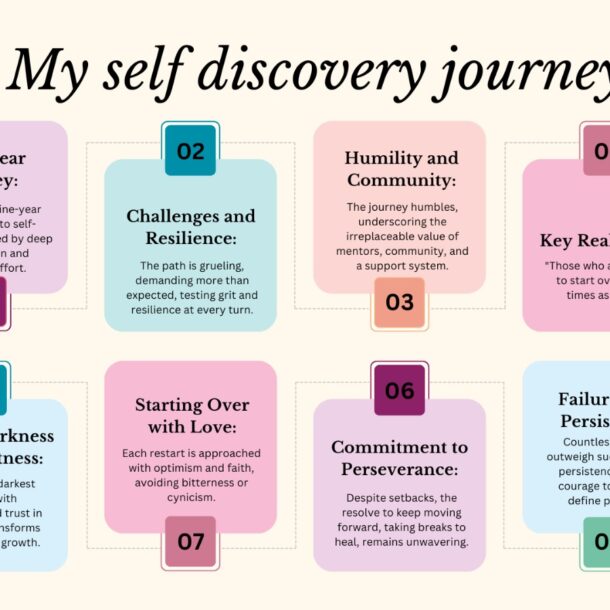
I’ve written a lot about happiness and spoken about it in podcasts before. There is sufficient experience we’ve had to realise happiness is not in external objects around us.
Reason 1: Think about your favourite sweet. The first one would be delicious, the second good, the hundredth? It is good after some point it becomes repulsive and you feel like vomitting. If happiness depended on object, each consumption should give the same level of happiness.
Reason 2: If obejcts are the source of happiness then they should give the same joy and satisifaction for all. But that’s not the case. One person might devour chocolates while the other might look upon it with disgust. So its not really in the object but our minds deriving happiness.
So clearly happiness or peace is not stored in external objects. This rules out all material wellbeings and possessions.
Why do we pursue sense objects then?
When we like something or experienced something that was pleasant we naturally crave for them more. These cravings or desires in the mind cause agitation and longing. When we act favorably and give in to the craving we are satisfied. The agitation of the mind is reduced. But it doesn’t last long. Very soon the next desire crops us and we begin to act to satiate the new desire and get caught in the endless loop that Indian scriptures call samsara or bondage.
The trick then is not to chase every desire, rather to keep the mind in check and entertain fewer and fewer desires.
Vedanta offers an equation for happiness – It is desires fulfilled by desires entertained.
You can elusively chase to fulfil every desire and increase the numerator. But it’s an endless chase as the desires are infinite and our time and resources limited.
The pursuit for happiness is counter intutitive
You become more unhappy with where you are the more you try and chase.
Instead, we can aspire to curtain the denominator by keeping a check on desires we entertain, thereby quietening the mind and increasing the joy in this very moment.
The happiness we seek is right here, right now. We only need to create sufficient distance from the mind’s incessant chatter and eventually quieten the monkey mind through our practices.
How can we create distance?
By simply becoming a witness.
All practices of Yoga help us practice this role of being a witness – Asana practice, Pranayamas, Meditations essentially help us to observe our body, breath, and minde. When move from the role of doer to witnesser we create sufficient space by not identifying with the contexts and content of our mind.
Overtime being a dispassionate witness helps us create Vairagya or detachment that reduce the incessant cycle of desires.
🤔💭Questions to Introspect:
- How are you making youself miserable in the search for happiness? How can you practice being the witness the next time the same desires arise in you?



